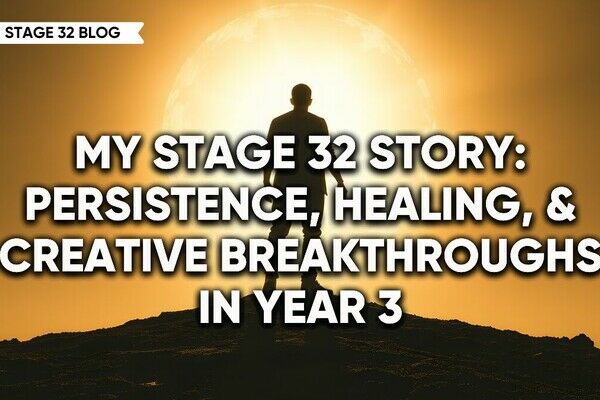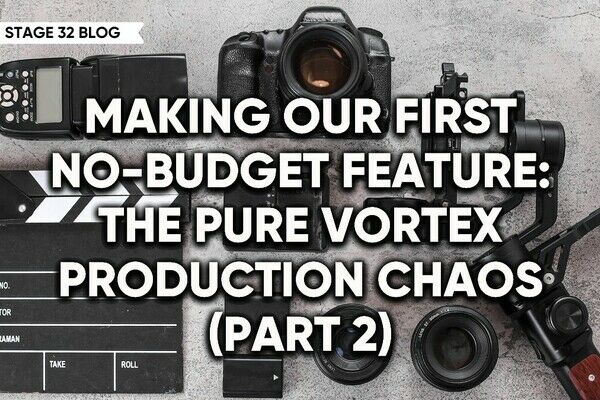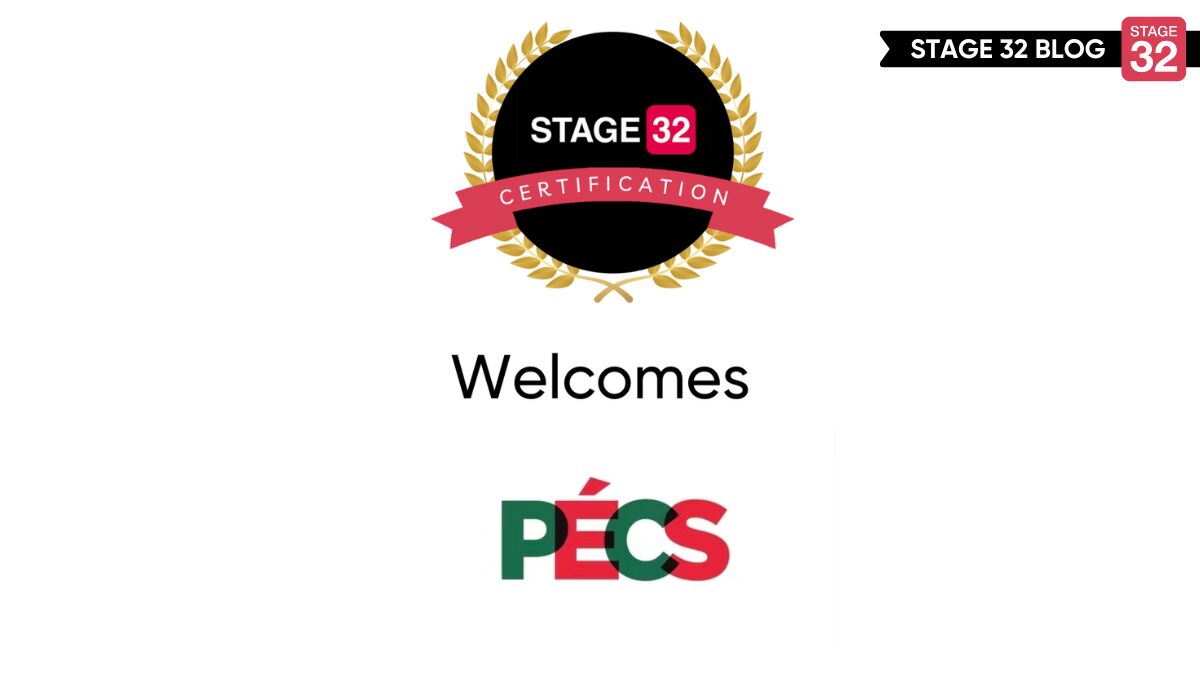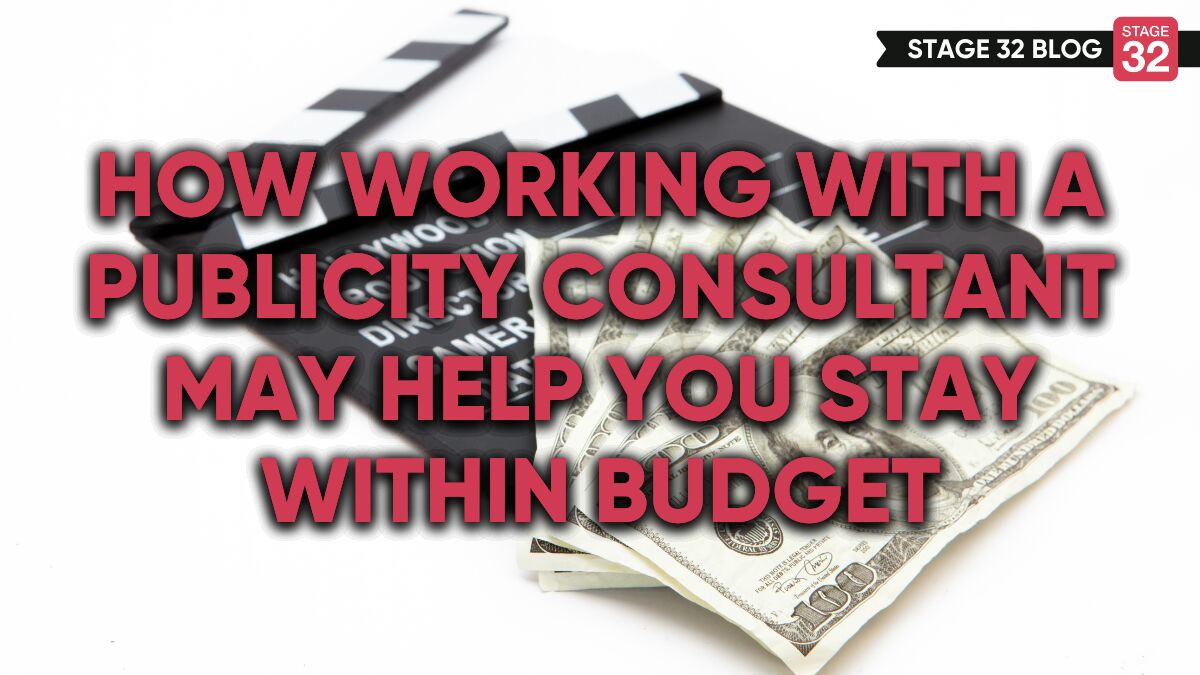How Working With A Publicity Consultant May Help You Stay Within Budget
I know it’s thrilling when you’re in the midst of creating something. However, many put off working with publicity, even for consultation, because many think it’s going to be really expensive. To be sure, a full-scale publicity campaign can get quite expensive—depending on several factors. However, consulting with publicity in a limited capacity can be a smart investment to help you figure out your specific publicity strategy without making a total commitment until you’re ready. Which in the long run will help you save time and resources.
Let’s get into some of the ways working with a savvy publicity consultant can help you spend your publicity dollars strategically and stay within budget.

What it’s like to work with a publicity consultant
Working with a publicity consultant is like adding a strategic partner to your team on an as-needed basis. Engaging a consultant is best when you’re looking to build a strategic plan, ask granular questions, or want a detailed publicity roadmap. Consulting isn’t meant to execute your campaign or handle a PR crisis—as that would most likely need to be a longer commitment with a retainer. Rather, it’s meant to assist you by helping you bridge your knowledge gap and ultimately work with you to align your artistic vision with the realities of the cost of publicity—which may help identify funding gaps that need to be filled before aggressively starting a publicity campaign.
At our agency, and those like ours, initially you’ll commit to a set number of hours at a specific hourly rate. The minimum commitment is usually between four and 32 hours (or less than a week’s time). But if you have precise questions, some consultants will offer 2-hour blocks. From there, a publicity consultant will first have you fill out a comprehensive questionnaire or meet with you to assess your project’s publicity challenges and get an understanding of the project’s history to date. They’ll also need to watch your film or a rough cut.
They’ll want to understand your goals and your questions. Then, they’ll dive into the nuances of your work to create a tailored plan or other deliverables that align with your creative objectives and financial constraints. This process is collaborative; you remain in control of your vision while the consultant offers strategies and solutions to maximize your project's reach and impact without overspending.
A great publicity consultant will also offer valuable guidance on media relations, audience engagement, and social media—or other specific topics that are unique to your needs, goals, and challenges. Some may also be available to help with festival strategies or submission materials.
Some consultants may also be available to review your script for possible PR headaches and provide script notes. Sometimes, this can be more costly as the consultant will need to spend time reading your script. Or listen to your script—which, admittedly, when I take on such work, I opt to listen to scripts—kind of like turning it into a podcast. I’ll use a screen reader or listen to a taped table read if one is available because it goes quicker, and I can listen to it as I go about my day.

Create a smart publicity budget with a publicity consultant
A common misconception is that publicity consultants are an expense best reserved for later in a project. However, involving them early—in a limited capacity—can be a cost-saving strategy. A publicity consultant can help you create a realistic and effective budget by identifying the key areas where publicity and marketing efforts will have the most impact. But they can also give you a list of publicity tasks for various states of production that can help you prepare your publicity efforts while you’re going through the development and production lifecycle of your filmmaking process. This can help you allocate funds strategically from the start rather than having to scramble for additional resources when it may be too late.
For example, instead of investing heavily in every available promotional opportunity, a publicity consultant will help you identify targeted ways to reach your intended audience, provide guidance on which publicity tools are essential, and work with you to create the most effective messaging. They can provide insights into what works and what doesn’t based on industry trends, audience behavior, and media landscapes.
With a clear understanding of where your funding will have the greatest impact, you can avoid wasting time and resources on strategies that aren't right for your project. This targeted approach is often more cost-effective and bespoke—taking into account your unique constraints.

So, how do you book a publicity consultant?
- Find Your Perfect Match: Start by researching publicity pros who offer consultant pricing, those who have a passion for working with artists and filmmakers, and those who work on projects like yours. For example, if you’ve got a horror film, you want to work with someone who understands the genre. It also doesn’t hurt if they’re on festival and conference recommendation lists and are willing to share some of their past client work with you. You can also ask other filmmakers and talent who they’re working with.
- Book a Discovery Call: Most publicity consultants will have you fill out some informational sheets and book an initial call with you. This initial discovery call should be free, and it’s a chance for both of you to check if the vibes align. Use this time to give a brief overview of your questions, and yes, you’ll need to share your total publicity budget.
- Be Real About Your Needs and Budget: Lay it all out there. A good publicity consultant will appreciate your honesty, and they’ll either tell you your budget is unrealistic or work with you to find a package that delivers within your specific constraints.
- Buy your consulting block: They’ll suggest how much time they need to cover your specific questions and build your roadmap. Then, you can purchase the hours you need upfront and add more if you decide more are needed.
Bringing in a publicity consultant is a solid first step in engaging publicity without a full commitment. Whether your goal is complex media rollout, help with festival planning, or understanding the dos and don’ts of social media film promotion—they’ve been asked it all, they’ve seen it all, and chances are, they’ve solved it all. Meaning, the right consultant will have the expertise needed to help you solve your wildest plan.
Let's hear your thoughts in the comments below!
Got an idea for a post? Or have you collaborated with Stage 32 members to create a project? We'd love to hear about it. Email Ashley at blog@stage32.com and let's get your post published!
Please help support your fellow Stage 32ers by sharing this on social. Check out the social media buttons at the top to share on Instagram @stage32 Twitter @stage32 Facebook @stage32 and LinkedIn @stage-32
| Navigating Social Media Marketing For Creatives |
| Stage 32 Certification Welcomes Pecs, Hungary! |
Search Stage 32 Blog
There are now 4040 blog posts for you to enjoy. Search them all by tags below.
Acting, Advice, Cinematography, Coffee & Content, Composing, Contests, Distribution, Featured, Filmmaking, Financing, Inspirational, Networking, Producing, Screenwriting, Success Stories, Tips, Trending,Relevant Tags
Recommended Articles

Insider Intel: Packaging your Project- The Chicken or the Egg Dilemma

Want Success in the Entertainment Industry? Start Writing Your Own Narrative

How Stage 32 Script Services Make You A Better Writer

My Stage 32 Story: Persistence, Healing, & Creative Breakthroughs in Year 3

Find Your Footing on Stage 32: Join Our December Community Open House

Insider Intel: 2025- Your Year of Breakthroughs (+ What's Coming in 2026)

Insider Intel: The Studio War & The Rise of Indies

Making Our First No-Budget Feature: The Pure Vortex Production Chaos (Part 2)

Wearing Many Hats As A Creative






